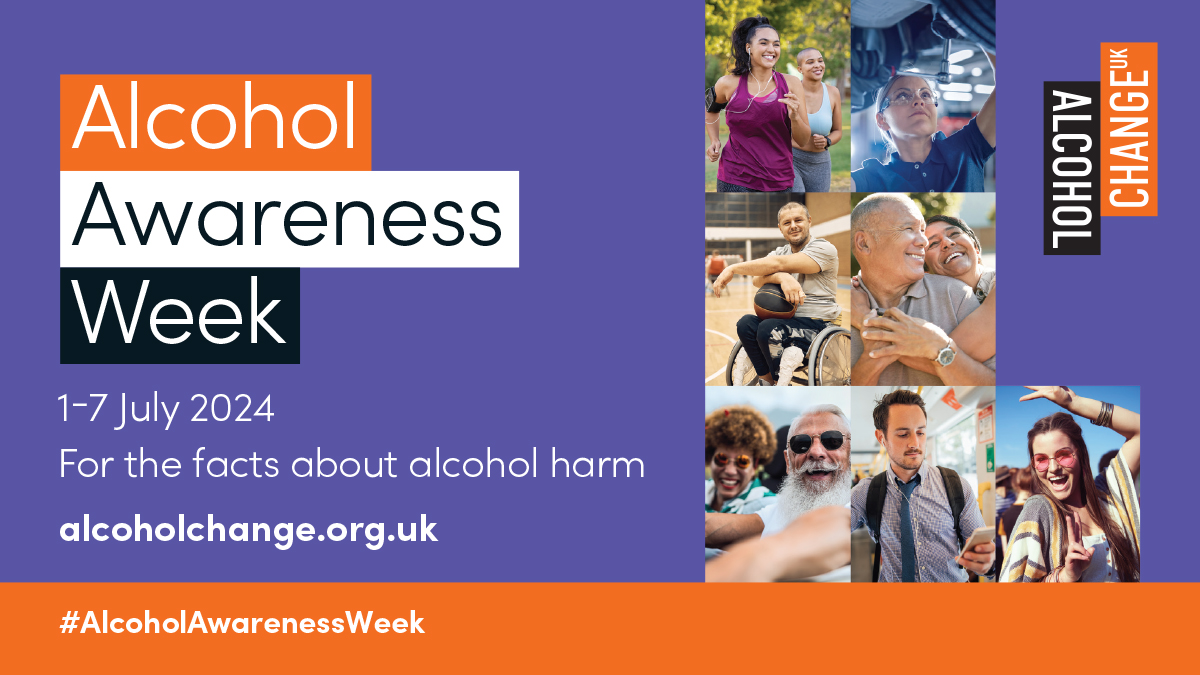People are desperate when they contact a rehabilitation centre like ours, therefore they can be vulnerable and are not in the right mindset to choose wisely. However, choosing the right centre for you or your loved one is a life-or-death decision; therefore, we want to help you to make an informed choice.
Unfortunately, we see a lot of centres claiming they are the best and that they can help everyone, with every issue. But the reality of course is very different. Even the biggest centre won’t have the qualified staff members to handle niche issues, or deal with very specific and unusual addictions or problems.
This is why we want people to question what they are reading and don’t be afraid to question the facilities you are considering. You want to make sure that you or your loved one ends up in the environment which is most conducive to your recovery. As we’re all different and our needs, tastes and expectations are as individual as our addictions, not every centre will work for you.
To give you the best chance of finding the perfect fit, here are the questions you should ask the centres you’re considering. Remember it’s OK to shop around – addiction treatment is a big commitment emotionally, physically and financially and the decisions matter. So do your research, shortlist your top choices, and then check their claims and ask for more information to ensure you are fully informed to be able to make your choice.
- Can I see the qualifications of the specialists I will be working with?
There are many recovering addicts, but simply having recovered yourself does not give you the skills you need to help others. Dive a little deeper into the language used and what the qualifications shared on their websites actually are. We recommend that you request details of qualifications from the team who will be helping you and make sure they are well-regarded and from official institutions.
- Who exactly will I be working with?
You will often see large teams pictured on websites, but you are unlikely to come into contact with the vast majority of them, therefore it’s good to ask who will be the people you’ll be working with on a daily or weekly basis.
- What is the length of the programme?
The length of stay you will require depends on your physical and mental state on arrival and how you respond to the treatment, however, ask for a typical length of stay for the case that you’re describing, so you know what to expect
- What is the philosophy of the rehab?
Rehabs differ in their approach to addiction treatment, so ask about their philosophy to make sure it matches with what you are looking for. Some will follow the 12 Step programme, others a medical model, some dual-diagnosis, others a combination. This can get technical, but ask them to break it down and explain it in layman’s terms to allow you to really understand the approach, the therapy and the expected end result.
- What aftercare is there and how much?
Aftercare is crucial for a long-term recovery, as once you leave the residential rehabilitation centre there are so many temptations and triggers. You have to learn to live your life without a dependency on substances. Support from your team, goals, milestones and encouragement makes a huge difference to whether you will make a lasting change, so ask about this before you begin.
- What family support is there and is family participation encouraged and included?
The family must not be forgotten, and should not be neglected. Family involvement should be at the heart of the treatment plan and family members should also be supported, as addiction affects everyone in the family unit. Many treatment centres leave families completely in the dark in contrast with what they may claim on their websites. Ask about levels of communication with the family during treatment and whether family therapy is included in the programme. The aim is to improve communication and ensure a positive, strong support network is in place when the addict returns home and this can only be achieved through family therapy.
- Can you send me a breakdown of the costs?
Rehab is a significant investment and there should be no surprises when it comes to how much you’ll have to pay and what is included in that fee. Ask if there are any services or items which will be charged on top of the price you’re being quoted, to allow you to budget and control costs ahead of time.
- Will I be seen 1-1 or in a group?
Find out what kind of therapy you will receive and whether there will be 1-1 or group therapy or a combination of the two. Tell them what’s worked well for you in the past, or things that you have not been comfortable with if you’ve undergone treatment before. Ask them why they use the therapy type that they choose, so you can fully understand what to expect and consider whether you think that will work for you.
We hope by listing the key questions to ask that this will help you make the right decision. It’s wise to be wary when you’re vulnerable and you’re about to make a big commitment. Check the claims you read on the website and push back if things are not available when you arrive. Insist on communication with your treatment centre and families should make sure they are kept in the loop and informed on treatment and progress. Here at The Bridge Marbella, we are specialists in treating people for addiction to alcohol and drugs, eating disorders and gambling. We offer residential rehabilitation, dayhab and online programmes to enable addicts to get the help they need, in the way they need it. We pride ourselves for offering excellent value treatment from qualified therapists. Our aim is to enable our patients to lead full, happy lives without alcohol or drugs. To find out more about The Bridge, have a lot of these questions answered and get an honest view of who we are and what we do, read our blog or contact us with all the questions above and more. We’re happy to answer any questions you may have.




